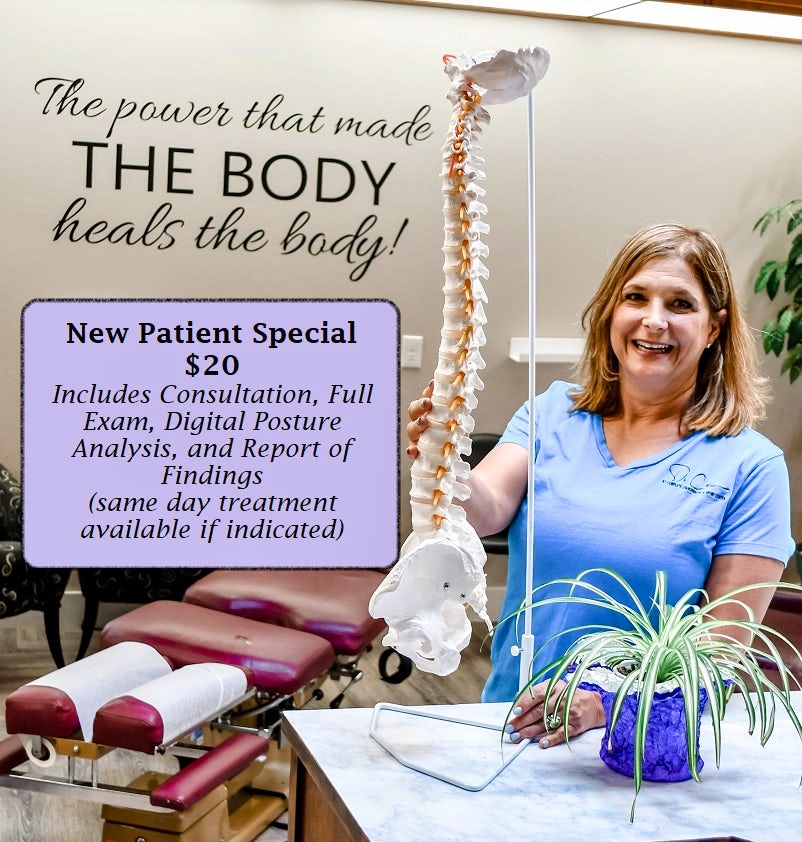
Autoimmune diseases can be challenging to diagnose and manage due to their complex nature, involving the immune system mistakenly attacking healthy cells. Traditional medical approaches often focus on symptom management and immune suppression. However, Functional Medicine offers a holistic and personalized approach that delves deeper into the root causes of autoimmune conditions, aiming to restore balance and improve overall well-being. Understanding Autoimmune Diseases Autoimmune diseases encompass a wide range of conditions, including rheumatoid arthritis, lupus, multiple sclerosis, and Hashimoto's thyroiditis, among others. These conditions can affect various organs and systems in the body, leading to symptoms such as inflammation, pain, fatigue, and organ dysfunction. The conventional medical approach to autoimmune diseases typically involves medications to manage symptoms and suppress the immune system's activity. While these treatments can be effective in controlling flare-ups and preventing damage, they often come with side effects and may not address the underlying factors contributing to the autoimmune response. The Functional Medicine Approach Functional Medicine takes a different perspective on autoimmune diseases. Instead of just treating symptoms, Functional Medicine practitioners seek to identify and address the root causes of illness. This approach recognizes that multiple factors, including genetics, environmental triggers, diet, lifestyle, and gut health, can influence the development and progression of autoimmune conditions. Key Principles of Functional Medicine for Autoimmune Conditions
- Personalized Assessment: Functional Medicine begins with a comprehensive evaluation of an individual's health history, genetics, lifestyle factors, and environmental exposures. This personalized approach allows practitioners to uncover specific triggers and imbalances contributing to the autoimmune response.
- Targeted Testing: Functional Medicine utilizes advanced laboratory testing to assess immune function, inflammation levels, hormone balance, gut health, nutrient status, and food sensitivities. These tests provide valuable insights into the underlying mechanisms driving autoimmune activity.
- Nutritional Support: Diet plays a crucial role in autoimmune conditions. Functional Medicine emphasizes nutrient-dense, anti-inflammatory foods while identifying and eliminating potential triggers such as gluten, dairy, and processed sugars. Nutritional supplements may also be recommended to support immune regulation and tissue repair.
- Gut Health Optimization: The gut microbiome plays a significant role in immune function and autoimmune disorders. Functional Medicine strategies focus on restoring gut integrity, balancing microbial communities, and addressing conditions like leaky gut syndrome, which can contribute to autoimmune reactions.
- Stress Management and Lifestyle Modifications: Chronic stress can exacerbate autoimmune symptoms by dysregulating the immune system. Functional Medicine emphasizes stress reduction techniques, adequate sleep, regular physical activity, and mindfulness practices to promote overall well-being and immune resilience.
- Detoxification Support: Environmental toxins and heavy metals can trigger or worsen autoimmune responses. Functional Medicine approaches may include targeted detoxification protocols to reduce toxic burden and support the body's natural detox pathways. Case Studies and Success Stories Numerous individuals with autoimmune conditions have benefited from Functional Medicine interventions. Case studies and success stories highlight improvements in symptoms, reduced medication reliance, enhanced quality of life, and long-term remission achieved through personalized treatment plans addressing underlying imbalances. Collaborative Care and Integration Functional Medicine complements conventional medical care for autoimmune diseases. Collaboration between Functional Medicine practitioners, primary care physicians, specialists, and other healthcare providers ensures comprehensive, integrated, and patient-centered care. This collaborative approach optimizes treatment outcomes and empowers individuals to take an active role in managing their health. Conclusion Functional Medicine offers a promising approach to managing autoimmune diseases by addressing the root causes, promoting personalized interventions, and empowering individuals to make sustainable lifestyle changes. While it may not replace conventional treatments entirely, integrating Functional Medicine principles can enhance outcomes, improve quality of life, and support long-term wellness for those living with autoimmune conditions.






